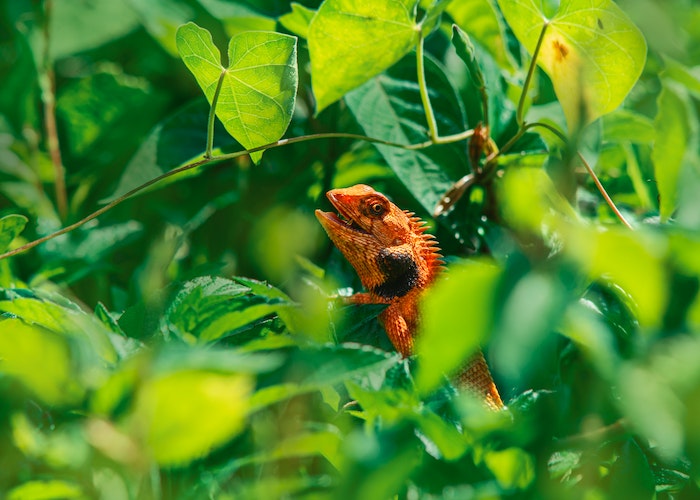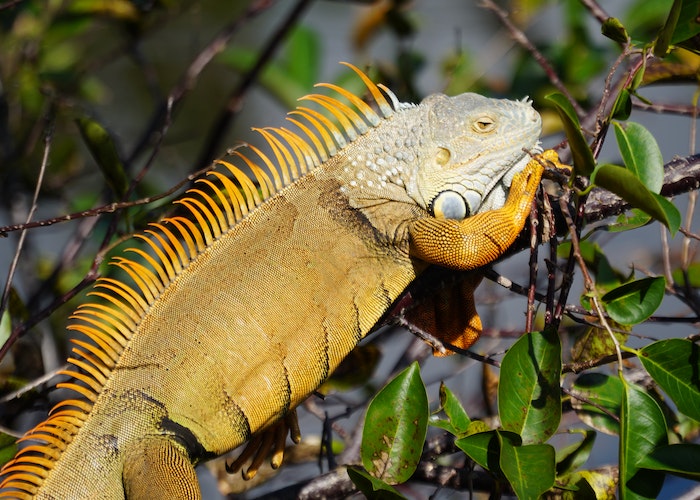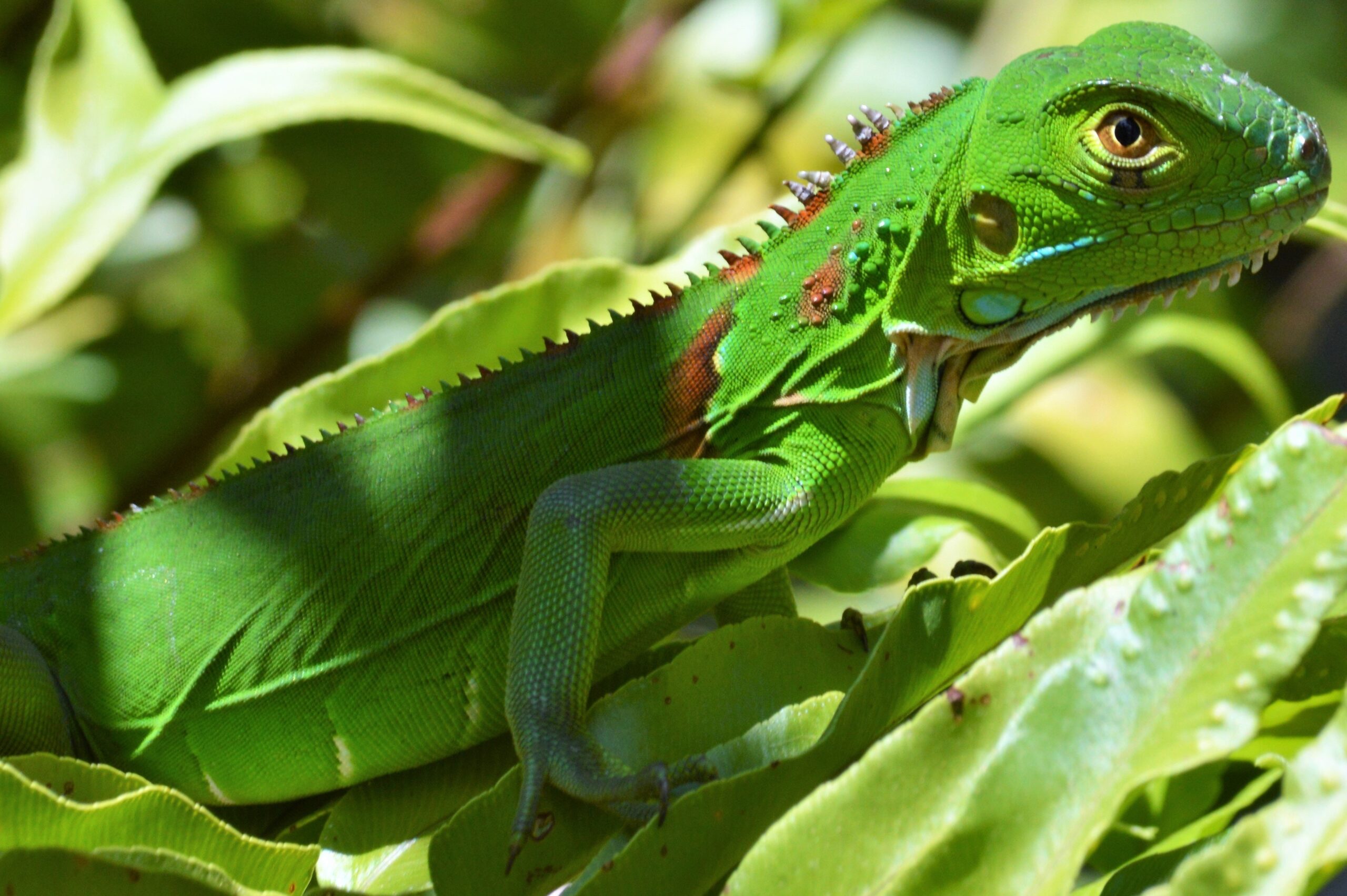Breeding bearded dragons is a popular endeavor among reptile enthusiasts and breeders. It offers an opportunity to witness the wonders of reproduction and contribute to the availability of these captivating reptiles in the pet trade. However, breeding bearded dragons raises important ethical considerations that must be carefully evaluated and addressed. In this comprehensive guide, we will delve into the ethics of breeding bearded dragons, exploring various aspects such as responsible breeding practices, considerations for the well-being of the dragons, and the impact on conservation efforts. By understanding and considering these ethical factors, breeders and enthusiasts can make informed decisions that prioritize the welfare of the animals and contribute to the overall conservation of the species.
1. Responsible Breeding Practices

a. Breeding Goals: Before engaging in breeding, it is crucial to establish clear breeding goals. Consider the purpose of the breeding program, whether it is to improve specific traits, produce healthy offspring, or contribute to scientific research. Responsible breeders should aim for quality rather than quantity and prioritize the well-being of the dragons over financial gain.
b. Genetic Health: Breeding should focus on maintaining and improving the genetic health of the bearded dragon population. Breeders must carefully select breeding pairs to minimize the risk of hereditary diseases or genetic disorders. Regular health checks and genetic screenings can help identify potential issues and prevent the propagation of harmful traits.
c. Breeding Age and Frequency: Bearded dragons should reach an appropriate age and size before being bred to ensure their physical and reproductive maturity. Breeding females should be given sufficient time to recover between breeding cycles to avoid undue stress and health complications.
d. Selecting Buyers: Responsible breeders should have a screening process in place to ensure that potential buyers are knowledgeable and prepared to provide proper care for the bearded dragons. This helps prevent impulsive or uninformed purchases that could result in neglect or abandonment.
2. Welfare of the Dragons
a. Housing and Enclosure Requirements: Bearded dragons require adequate housing and an enriched environment that meets their physical and behavioral needs. Breeders should prioritize providing spacious enclosures, appropriate lighting, heating, and a suitable substrate to promote natural behaviors and ensure the well-being of the dragons.
b. Health Monitoring and Veterinary Care: Regular health monitoring and access to veterinary care are essential for the welfare of the breeding dragons and their offspring. Breeders should establish a relationship with a reptile-savvy veterinarian and be proactive in addressing any health issues that may arise.
c. Stress and Handling: Breeders should minimize stress during breeding, handling, and transportation. Proper techniques for handling and acclimating dragons should be employed to reduce stress and ensure the dragons’ comfort and well-being.
d. Socialization and Enrichment: Bearded dragons are social creatures that benefit from socialization and mental stimulation. Breeders should provide opportunities for social interaction and environmental enrichment to prevent boredom and promote natural behaviors.
3. Conservation Considerations

a. Conservation Status: Bearded dragons, depending on the species, may be subject to varying conservation statuses. Breeders should be aware of the conservation status of the species they are working with and consider the implications of breeding on wild populations.
b. Captive-Bred vs. Wild-Caught: Captive-bred bearded dragons offer several advantages over wild-caught specimens, including reduced pressure on wild populations and increased availability of healthy and acclimated animals. Breeders should prioritize working with captive-bred dragons to support sustainable captive populations.
c. Education and Awareness: Responsible breeders can play a vital role in educating the public about bearded dragon care, conservation, and the importance of responsible breeding practices. By raising awareness and sharing knowledge, breeders can contribute to the well-being of the species as a whole.
Conclusion
Breeding bearded dragons comes with significant ethical considerations that must be carefully evaluated and addressed. Responsible breeding practices, prioritizing the welfare of the dragons, and considering the impact on conservation efforts are crucial aspects to consider. By adhering to responsible breeding practices, ensuring the welfare of the dragons, and actively participating in conservation initiatives, breeders and enthusiasts can contribute to the long-term well-being of bearded dragons and the preservation of their species. By making ethical choices, we can foster a sustainable and compassionate approach to breeding bearded dragons and promote a future where these incredible reptiles thrive.
